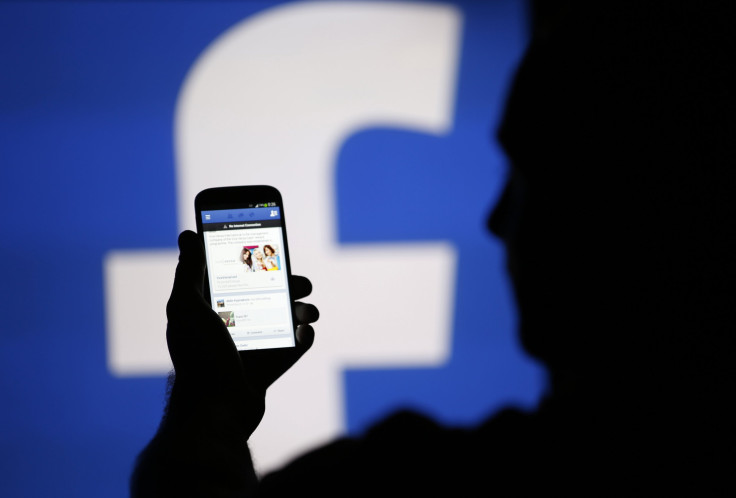Facebook Auto Play Ads Delayed Again? Why Zuckerberg Will Wait Until 2014 To Introduce Automatic Video Advertisements

Facebook Inc. (NASDAQ: FB) is reportedly planning to roll out new auto play video ads, but the Mountain View, Calif.-based social network has apparently chosen to delay this rollout until 2014, rather than release auto play ads in time for the holiday season.
Advertisers may be upset by this news, especially since sources told AllThingsD that auto play video ads were supposed to debut in the first half of 2013, but have experienced continual delays since then.
Auto play ads coming to Facebook: Why the delays?
The decision to integrate autoplay ads into Facebook’s design is not being made lightly. According to sources close to Facebook, the company is aware of the risk of upsetting users with auto play video ads, so it's spending time analyzing data on how its users have interacted with noncommercial auto play videos, which went live on the social network earlier this year.
However, the arrival of auto play ads seems to be just a matter of time. Facebook knows the stakes are high for both itself and advertisers with its TV-sized audience of more than a billion users. Facebook is known for being an effective tool for advertisers to get actionable responses from users, whether it’s signing up for services or downloading separate apps, and the advertising industry is poised to use Facebook as a way to better sell their products to consumers. And as for Facebook, Morgan Stanley predicted Facebook could earn $1 billion from video ads alone.
Though Facebook still plans to release auto play videos in the near future, the ads will reportedly be muted by default, and users can click an audio option to hear the sound on the advertisement. This is a good move for Facebook and its users, as the World Wide Web Consortium (W3C) has spoken out against the usage of auto play audio with video:
“Playing audio automatically when landing on a page may affect a screen reader user’s ability to find the mechanism to stop it because they navigate by listening and automatically started sounds might interfere with that navigation,” the W3C said. “Therefore, we discourage the practice of automatically starting sounds (especially if they last more than 3 seconds), and encourage that the sound be started by an action initiated by the user after they reach the page, rather than requiring that the sound be stopped by an action of the user after they land on the page.”
Since Facebook hit the Nasdaq in May 2012, the company’s stock has been a bit of a rollercoaster, plunging in the weeks and months following its IPO but gradually rebounding since last November. FB stock has been rising since mid-July when Facebook founder and CEO Mark Zuckerberg said the social network had increased its mobile advertising from virtually nothing in 2012 to about 41 percent of its $1.6 billion total ad revenue in the second quarter of 2013. In that period, Facebook also said advertising accounted for 88 percent of total revenue.
“You know reaching a billion users was a great first thing to focus on because no one had ever had a service that had real identity before, but in a way it’s actually kind of just an abstract, There’s nothing magical about a billion," Zuckerberg said. "The real goal is to connect everyone in the world.”
Facebook is expected to report its third-quarter earnings on Wednesday, and as one might expect, Wall Street believes the company's mobile advertising will play a key role in the company's earnings report. Shares closed Friday at $51.95, up 96 percent over the last three months.
© Copyright IBTimes 2025. All rights reserved.






















